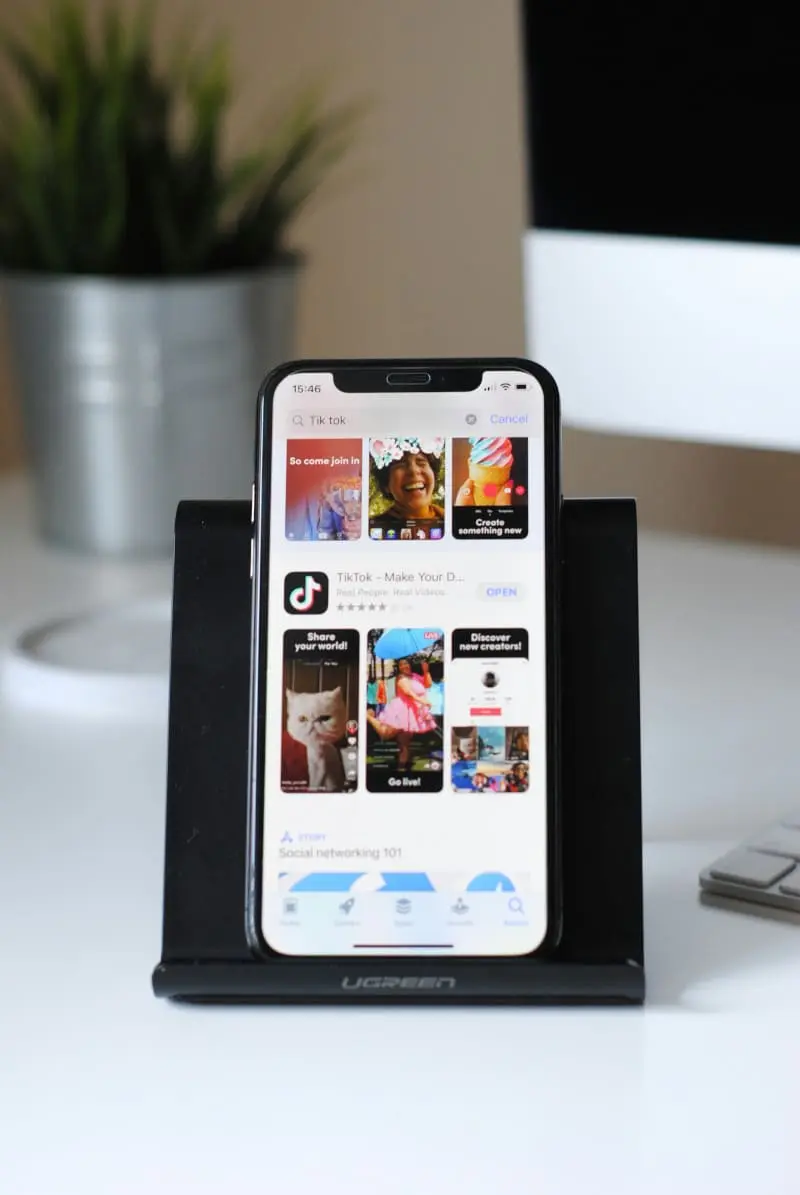ByteDance, the parent company of TikTok, is reportedly using a powerful web scraper called ByteSpider to collect vast amounts of data from across the internet. This revelation has sparked privacy and ethical concerns, as ByteSpider can gather information from social media platforms, news sites, and other public online sources. While ByteDance claims it uses ByteSpider for improving its services, many question the extent of data being harvested and the transparency behind the practice.
How ByteSpider Works
ByteSpider is designed to crawl websites for publicly available information. Unlike traditional web scrapers that may collect basic data like URLs and meta information, ByteSpider is believed to dive deeper, potentially extracting detailed user activity and interactions. Although ByteDance has not publicly disclosed the full capabilities of ByteSpider, this move aligns with TikTok’s increasing focus on data-driven insights to personalize content and optimize user engagement.
Impact on Marketers
Marketers using TikTok may see both benefits and challenges from ByteSpider’s operations. On the positive side, the vast amounts of data collected through ByteSpider could improve TikTok’s algorithms, helping brands better target their audiences with relevant content. ByteSpider’s data collection could enhance TikTok’s ad placement, allowing for more precise targeting based on user behavior across the web, not just within TikTok.
However, this aggressive data collection could also raise ethical questions. As privacy concerns grow among users, marketers may face backlash for utilizing a platform involved in controversial scraping practices. Brands that heavily rely on TikTok could find themselves associated with potential user distrust, especially in markets with stringent data privacy regulations, like the EU under GDPR. Transparency and informed consent will become critical elements in maintaining consumer trust while using TikTok for marketing.
To learn more about this topic, check out our TikTok Launches Symphony Creative Studio: An AI Boost for Marketers for deeper insights.
Regulatory Implications
ByteDance’s use of ByteSpider could draw the attention of regulators, particularly in regions with strong privacy laws. If ByteSpider’s practices are seen as overstepping, TikTok may face legal consequences or be forced to adjust its data collection methods. Marketers should stay informed about any legal changes, as this could affect the platform’s advertising capabilities or user reach.
In the wake of these revelations, marketers may need to rethink their data strategies when engaging with TikTok and other platforms known for aggressive data practices. As user awareness of privacy increases, building trust will be as important as optimizing for engagement.



